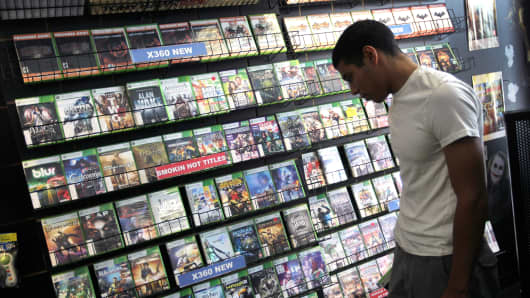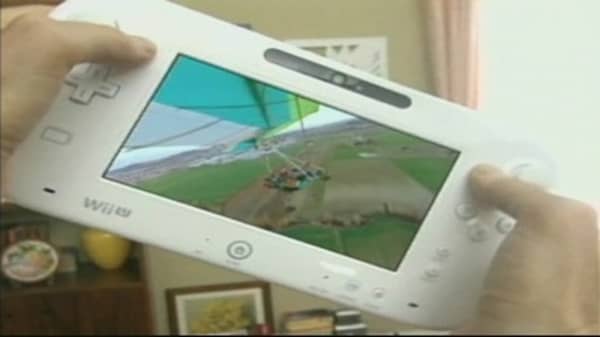The highest profile recent failure was the collapse of THQ, which not too long ago was the gaming industry's third-largest publisher.
The company had hoped to be bought in whole by a private investor, but after creditors complained to the bankruptcy judge about the plan, individual bids were allowed on the company's assets, which resulted in it being divided up among Ubisoft , Take-Two Interactive Software, Sega and others.
Earlier this week, Walt Disney shut down Junction Point Studios, the developer of the "Epic Mickey" games. Warren Spector, one of the most admired and praised developers in the gaming industry, had headed the studio—making the shutdown even more surprising.
And teetering on the brink are Gas Powered Games, run by lauded developer Chris Taylor, and Majesco, whose stock has been trading below $1 since Jan 15 (following a 29-day sub-$1 run in November and early December).
"There's less money to support the ecosystem, so that means you're going to have less jobs," said Wedbush analyst Michael Pachter. "The strong are getting stronger and the weak are getting weaker."
That makes things uncertain for investors—and it's putting a cloud over an industry that has been languishing for some time now.
"The investor sentiment in the category … is probably at one of the lowest levels it's ever been," Williams said.
Some hope might lie with the coming launch of new gaming systems. The next Xbox and PlayStation 4 are both still officially unannounced, but widely expected to be on store shelves this holiday season.
That has prompted some analysts to advise investors stay the course. New gaming systems tend to re-energize the gaming industry – and traditionally, that has meant a bump in the stocks of videogame publishers.
"Buy the cycle," said Pachter. "Assume the new consoles will start people buying again. … There will be less of an escalation in [development] costs. So you're not going to have companies do stupid things. For example, you're not going to see EA bring out 10 IPs a year. They're going to bring out something like two. … You'll [finally] see innovation in the next cycle because a lot of content has been held back."
Not everyone is as optimistic, though. As smartphones and tablets continue to grow as gaming devices, they say, the next generation of consoles isn't the sure bet it once was.
"There's going to be an impact on those consoles, because expectations for penetration and sales velocity are going to be overly high," said Billy Pidgeon, senior analyst with Inside Networks. "They're not going to sell like they have in the past. ... People are going to buy fewer packaged goods. You're dealing with a smaller user base."
The widest consensus among industry observers, though, is 'wait and see'. Early Wii U sales were disappointing—so much so that the company has lowered its sales projections for its fiscal year (ending March 31) from 5.5 million units to 4 million.
(Read More: Nintendo Sells 400,000 Wii U Units in First Week )
Expectations for the new Sony and Microsoft systems are a bit higher, since they're expected to be more of an evolutionary step for the hardware, but since neither company has talked about the systems, there are still more questions than answers.
"To me, it's question of when the sentiment improves," Williams said. "I think its' really answering that first series of questions. Will the launch of new consoles get people excited again and bring them back to the market? And I think the answer to that is it likely will, but in a different way than we've seen before."
"The most interesting thing to me is you'll hear about the changing business model that may affect the price points of the software or the ability of the publishers and developers to monetize the game better as its played," he said. "If you can keep the consumer interested in the content for the entire time period between product releases—via content updates and expansion packs and map packs—what you'll see is the publishers will have to spend less on acquiring that customer."




